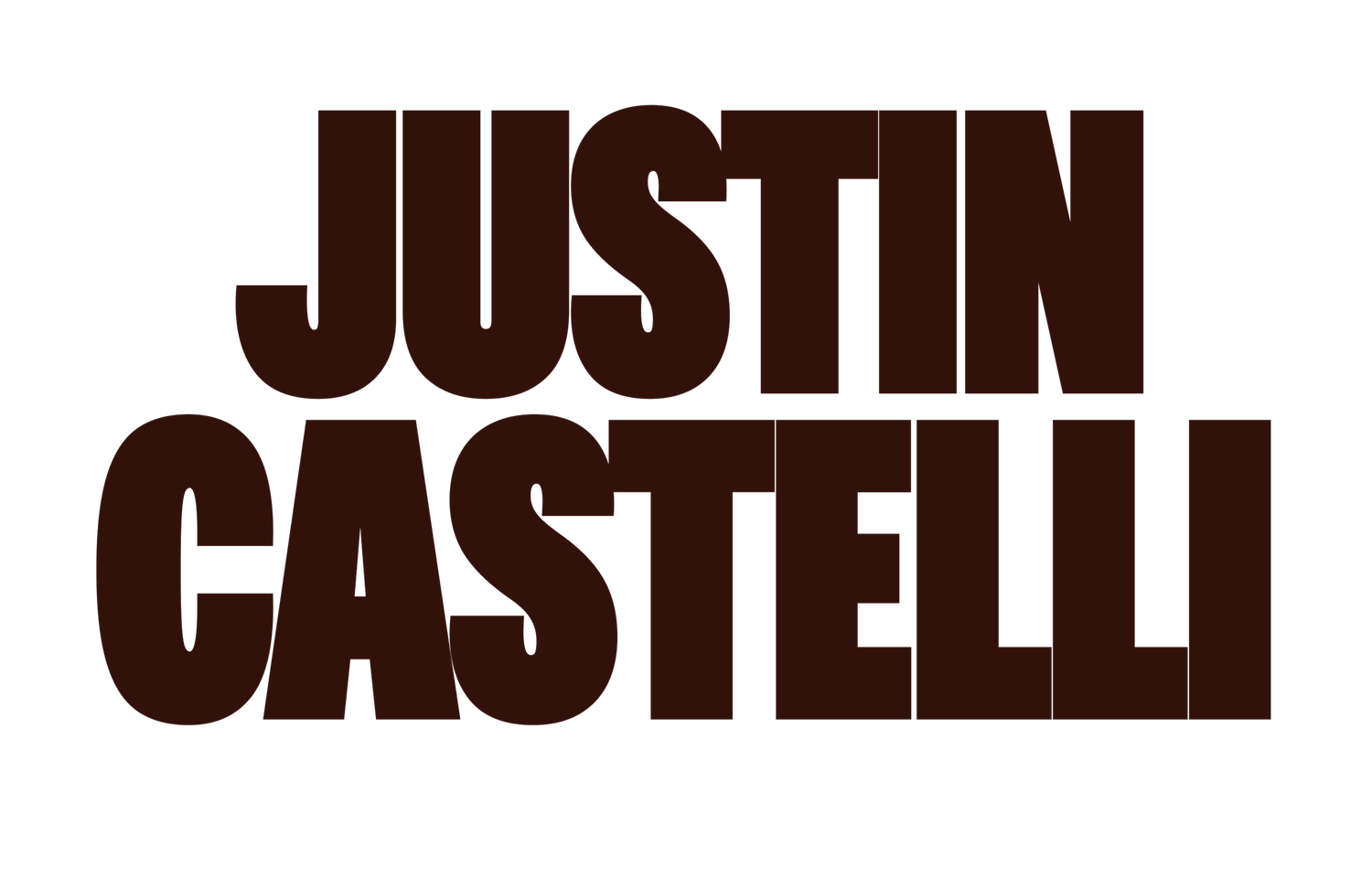Lessons From Blue Zones
Last evening, I started watching a series on Netflix called Live to 100: Secrets of the Blue Zones, and in just the first two episodes, I saw multiple references to a few of the core beliefs of the alignment of spirit, mind, and body and the original acronym for PRST (my passion project brand), “passion, relationships, self, and time. Note: I’ll revisit PRST, the meaning of the acronym, and how it has evolved into the authentic life in a note or blog post soon.
If you are not familiar with the term “blue zones,” these are communities where people live long and vibrant lives. These communities are often characterized by their lack of strict modern diets, supplements, and rigorous exercise regimens…almost the complete opposite of what we are used to seeing and reading about in the US.
In the first two episodes, the host of the show visits Okinawa and Sardinia to explore how the individuals in these towns live such long and healthy lives. I won’t spoil the show, as I highly recommend watching it, but I’ll share a few of the main takeaways:
Diet matters. And, the quality of the food in both towns seemed to be more important than the type of macronutrient. Both Okinawa and Sardinia saw a lot of carbs consumed, yet they did not see the typical health impact that we see with the carbs we consume.
Community is tremendously undervalued. In Okinawa, they have a system called “moai” which is basically a financial support system that helps each other financially, in addition to socially, spiritually, and with health. The moai system provides a support system above and beyond any family and is an important part of the Okinawa blue zone phenomenon.
Family takes care of family. In Sardinia, instead of elderly family members being placed in retirement communities, they move in with the family. The families, at least in Sardinia, are able to provide better care with more love for their family members and the elderly members are able to share their wisdom with the younger generations. Instead of being a burden, taking care of elderly family members appeared to be a natural and welcomed part of life, which benefited all parties involved.
Ikigai. I’ve written about this before, but Ikiagi is addressed in the Okinawa episode–passion and purpose are vital to a happy life.
Maintaining physical health does not have to be complicated. In both communities, walking and working in gardens is very common. In fact, there was a study done in Sardinia that connected the steepness of the town to the expected longevity of the people–the steeper the roads and walkways, the longer people lived.
Spirituality helps bring longevity. In both communities, there were religious and spiritual practices that helped with a holistic approach to their happiness and health.
I’m looking forward to seeing the remaining episode to see how other blue zone communities are finding not just longevity but quality of life in their 90’s and 100’s.
It might be hard to accept and believe, but the key to a long, healthy life might really be as simple as taking care of the spirit, mind, and body, being surrounded by people you love, and doing the activities that make you happy.
See you tomorrow and keep pursuing,
JC
